Maintaining mental health today is no longer limited to the psychologist’s office. Increasingly, help is arriving right in our pockets—specifically, on our smartphones. Mental health apps have undergone explosive development and now offer effective solutions in six well-defined areas: meditation, stress management, mood tracking, sleep monitoring, anxiety reduction, and therapeutic support. Let’s see how these apps help maintain our daily well-being—and what do the latest researches say about them?
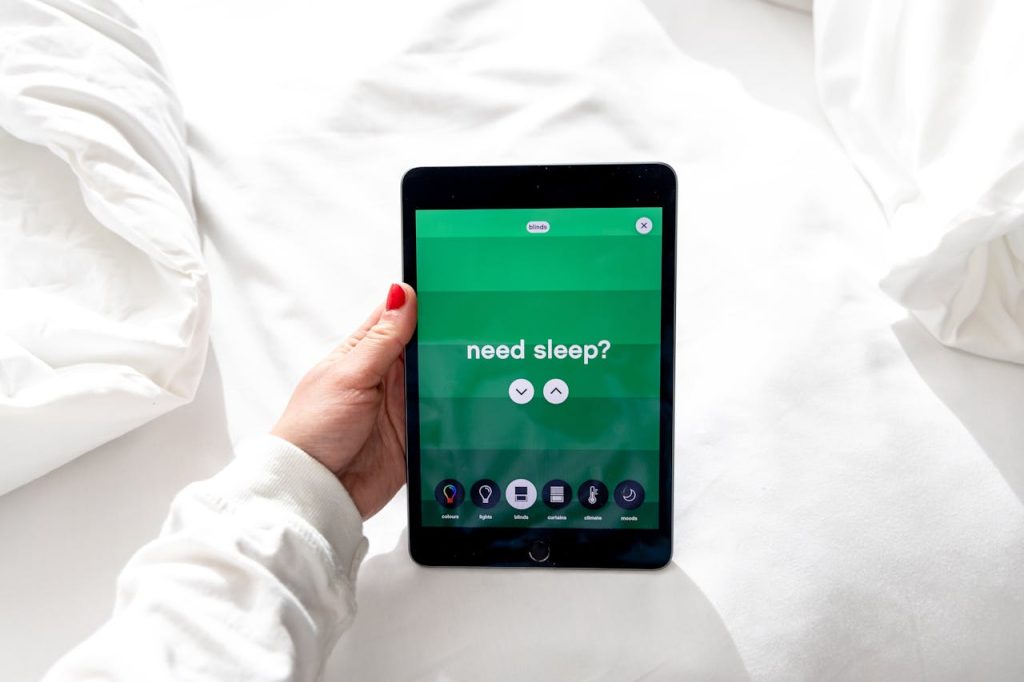
Six Areas Where Your Phone Can Be a Therapist
Mental health apps today are much more than simple digital diaries—they offer concrete clinical benefits (!!) in treating depression, anxiety, stress, phobias, body image disorders, and mood disorders. A systematic review published in February 2025 analyzed 31 randomized controlled trials assessing the effectiveness of 27 different apps. The results? Therapeutic apps reduced depressive symptoms by 30–40% and anxiety by 25–35%. While the effect was less significant for PTSD, most apps improved users’ overall quality of life and coping skills.
Not Only Effective, But People Want to Use Them
The secret to success often lies in design. An April 2025 meta-analysis examining tens of thousands of user data points showed that the average effect size of digital mental health apps is g = 0.43—a moderate but stable improvement in clinical outcomes. Apps that featured persuasive design principles—such as personalization, reminders, and task support—were especially effective. These not only increased engagement but also helped form new habits. For example, users with body image issues reported fewer negative self-evaluation thoughts after an average of 12 days.
Support Even When a Therapist Isn’t Available
Mental health care is overloaded in many countries—and this is where apps step in as bridging solutions. A 2024 U.S. study found that patients on long waiting lists who used mindfulness-based or CBT (cognitive behavioral therapy) apps achieved significant symptom reduction in depression, anxiety, and even suicidal thoughts. For instance, in one experiment, the Headspace app reduced subjective stress with just 10 minutes of daily meditation in two weeks, and after five weeks, users showed measurable improvement in coping skills—the effect was still felt after eight weeks.

1. Meditation Apps – Why Are They Important?
A 2025 randomized controlled trial, for example, showed that just 10 minutes of meditation per day using the Headspace app reduced participants’ subjective stress levels within two weeks and improved their problem-solving and coping skills after five weeks. I’ve mentioned this in several articles already, but personally, Headspace is my favorite mental health app—and for good reason. Unfortunately, meditation and mindfulness are still considered just a passing trend by many. However, the effectiveness of both is supported by numerous studies.
The biggest advantage of meditation apps is that they are always at hand. They are easily accessible to everyone—most of them even have a free version. They can be personalized to fit individual needs or problems. It’s important to emphasize that while they don’t replace therapists, they are still a huge help in a mother’s life, as she doesn’t have to constantly book and cancel appointments with a professional. The guided meditations, breathing exercises, and visualization techniques available in the apps help form new habits and support mental recovery overall.
But! There are tools specifically designed around a particular issue. For example, Calm and Balance were developed with the goal of effective stress management, quality sleep, or anxiety reduction. Meanwhile, other apps aim to offer a broader range of psychological content.
Regular „maintenance” of our mental health has been proven to reduce certain physical illnesses (e.g., cardiovascular diseases). It can help prevent burnout or even alleviate existing depressive symptoms. So, a well-chosen meditation app can be more than just a mental „medicine” — it can also function as a serious preventive tool in today’s fast-paced world. There is a great need for this, in my opinion.
Recommended Meditation Apps (2025)
Calm
Pros:
- Guided meditations on various topics (stress, anxiety, focus)
- Relaxation sounds and nature noises
- Sleep stories narrated by celebrities (e.g., Matthew McConaughey)
- Mood tracking journal
- Breathing and focus exercises for beginners
Cons:
- Most content requires a premium subscription
Price: $14.99/month or $69.99/year
Platform: iOS, Android, Web
Headspace
Pros:
- Easy-to-follow, themed meditation programs (e.g., “10 Days to Stress Relief”)
- Playful, animated tutorials
- AI-based personalization (e.g., daily suggestions based on mood)
- Special content for sleep and focus
- Meditation modules for children
Cons:
- Most content is for beginners
- English only
- Limited access without a subscription
Price: $12.99/month or $69.99/year
Platform: iOS, Android, Web
Balance (App of the Year 2024)
Pros:
- Fully personalized meditation paths
- Mood and sleep tracking integration
- Short daily challenges and morning focus exercises
- Free trial year for new users (still available in 2025)
Cons:
Simpler graphics than competitors
Price: $11.99/month or $69.99/year (first year often free)
Platform: iOS, Android
Insight Timer
Pros:
- Completely free with over 100,000 meditations
- Guided meditations available in Hungarian
- Yoga classes, breathing exercises, scientific podcasts
- Active community features and courses from globally recognized instructors
Cons:
- Sometimes overwhelming selection, navigation can be difficult
- Premium version (“course package”) is extra
Price: Free basic version, premium: $9.99/month or $59.99 per year
Platform: iOS, Android, Web

Petit BamBou (Popular in Europe)
Pros:
- Well-structured beginner and advanced programs
- Programs for children and teens
- Scientifically grounded topics (CBT, stress, workplace tension)
Cons:
Full programs only available with a subscription
Fewer interactive or AI features
Price: €6.99/month or €59.88/year
Platform: iOS, Android, Web
| App Name | Advantages | Disadvantages | Price (2025) | Platform |
| Calm | Relaxation sounds, sleep stories, mood tracking | English only, premium features require subscription | $14.99/month or $69.99/year | iOS, Android, Web |
| Headspace | Easy-to-follow programs, AI-based personalization, animations | Mainly for beginners, English only | $12.99/month or $69.99/year | iOS, Android, Web |
| Balance | Personalized meditations, free trial year | English only, simpler graphics | $11.99/month or $69.99/year (first year often free) | iOS, Android |
| Insight Timer | Free, over 100,000 meditations, Hungarian content available | Navigation can be difficult, premium courses are paid | Basic version free, premium: $9.99/month | iOS, Android, Web |
| Petit BamBou | Hungarian language, structured programs, for kids too | Fewer technical extras, mainly European focus | €6.99/month or €59.88/year | iOS, Android, Web |

2. Stress Management Apps – Why Are They Important?
Did you know that stress lowers the body’s vitamin C levels? Many people think that stress only affects our „anger levels.” It is important that chronic stress (persisting continuously) not only disrupts our mood and sleep! Chronic stress has been proven to lead to cardiovascular problems, digestive issues, a weakened immune system, (and I could go on).
Fortunately, just a few minutes of conscious breathing or relaxation daily can work wonders: it lowers the stress hormone cortisol and relieves tension. Stress management apps are unique in this regard because they provide instant help—whether it’s a breathing exercise, journaling, or a quick guided meditation.
Research shows that significant subjective stress reduction can be experienced after just 2–3 weeks of daily use. The best apps offer personalized solutions: some keep a stress diary, while others work with pulse monitoring. These features are especially useful if you want to avoid burnout.
Recommended Stress Management Apps (2025)
StressCoach
Pros:
- CBT-based stress reduction techniques
- Daily mood tracking and stress journaling
- Short, practical tips and audio guides
Cons:
Minimalist, less visual interface
Price: $79.99/year
Platform: iOS, Android
Mindshift CBT (Popular among younger users)
Pros:
- Anxiety and stress management using CBT-based tasks
- Interactive journal, thought-reframing exercises
- Completely free
Cons:
Some features less intuitive
Price: Free
Platform: iOS, Android
Breathe+ (Visual breathing aid)
Pros:
- Interactive, visually appealing breathing exercises
- Easy to use, Apple Watch support
- Calming design
Cons:
Few extra features
Price: Free / premium $12.99/month
Platform: iOS
Reflectly
Pros:
- AI-based journaling for stress and mood disorders
- Inspirational quotes, daily questions, mental reflections
- Modern, aesthetic user experience
Cons:
Journaling may not be comfortable for everyone
- Price: Free / premium $9.99/month
Platform: iOS, Android
| App Name | Advantages | Disadvantages | Price (2025) | Platform |
| StressCoach | CBT-based stress journaling, daily mood tracking, relaxation exercises | visually simple | $79.99/year | iOS, Android |
| Mindshift CBT | Anxiety and stress management with cognitive techniques, interactive journals | Less intuitive design | Free | iOS, Android |
| Breathe+ | Visually guided breathing exercises, Apple Watch compatible | few other features | Free / premium $12.99/month | iOS |
| Reflectly | Stress and mood journaling with AI feedback, motivational messages | Daily writing prompts may be distracting, | Free / premium $9.99/month | iOS, Android |

3. Mood Tracking Apps – Why Are They Important?
Our emotions often change cyclically—but these patterns are hard to notice unless we track them consciously. Mood-tracking apps help record how we feel day by day, and over time, they reveal which events, relationships, or habits influence our mental state. This is especially useful for depression, anxiety, or bipolar disorder, as the retrospective data supports not only self-awareness but also medical or therapeutic work! For people with ADHD, it’s a must-have. 🙃
Several studies confirm that daily mood tracking can improve emotional awareness by 20–30% and help reduce anxiety. Modern apps offer not just smileys and color codes, but also AI-based analysis, self-reflection questions, and positive psychology exercises. Some even display mood changes and their triggers in graphical form.
Recommended Mood Tracking Apps (2025)
Daylio
Pros:
- Quick mood journaling using icons and colors
- Activity logging, statistics, and trend analysis
- Password protection, dark mode
Cons:
Lacks deeper self-reflection questions
Price: Free / premium $4.99/month
Platform: iOS, Android
MindDoc
Pros:
- Questionnaires developed by clinical psychologists
- Weekly analysis and exportable mood reports
- Depression and anxiety screening
Cons:
May feel too structured for beginners
Price: Free / premium $8.99/month
Platform: iOS, Android
Moodnotes
Pros:
- Recognizes and transforms cognitive distortions
- Mood journaling and thought diary
- Elegant, clean design
Cons:
Less customizable than Daylio
Price: $89.99 / year
Platform: iOS
Youper
Pros:
- AI-based emotional chatbot
- Mood tracking, CBT exercises, mindfulness
- Suitable for self-reflection and quick stress relief
Cons:
- Full functionality only in premium version
- Chatbot format not comfortable for everyone
Price: Free / premium $69.99/year
Platform: iOS, Android
Reflectly
Pros:
- AI-based mood journaling with inspiring questions
- Motivational messages and positive psychology feedback
- Attractive, clean user experience
Cons:
Limited access without premium subscription
Price: Free / premium $9.99/month
Platform: iOS, Android
| App Name | Advantages | Disadvantages | Price (2025) | Platform |
| Daylio | Fast icon-based mood journaling, activity tracking, statistics, password protection | Does not provide deep self-reflection questions | Free / premium $4.99/month | iOS, Android |
| MindDoc (formerly Moodpath) | Clinical questionnaires, weekly reports, depression screening | May feel too structured at first, | Free / premium $8.99/month | iOS, Android |
| Moodnotes | Recognizes cognitive distortions, note-taking, elegant design | limited customization | $89.99 / year | iOS |
| Youper | AI-based emotional chatbot, CBT exercises, quick stress relief | Full functionality only in premium, chatbot not comfortable for everyone | Free / premium $69.99/year | iOS, Android |
| Reflectly | AI journaling, inspiring questions, motivational features | limited without premium | Free / premium $9.99/month | iOS, Android |

4. Sleep Tracking Apps – Why Are They Important?
The foundation of mental well-being is often nothing more than a good night’s sleep. Poor quality or irregular sleep not only worsens memory and increases anxiety but is also closely linked to the development of depression. Sleep tracking apps help us pay attention not just to the quantity, but also to the quality of our sleep.
Modern algorithms measure REM and deep sleep cycles, track awakenings, and some apps even record nighttime noises or snoring. Based on the results, they help establish a better bedtime routine and often include a smart alarm that wakes you up at the optimal point in your sleep cycle—so you feel less groggy and more refreshed.
These apps are especially useful for those who struggle with insomnia, shift work, or chronic fatigue.
Recommended Sleep Tracking Apps (2025)
Sleep Cycle
Pros:
- Smart alarm that wakes you during light sleep
- Detailed sleep analysis (REM, deep sleep, awakenings)
- Records snoring and nighttime sounds
- Easy-to-read graphs and statistics
Cons:
Some features require a premium subscription
Price: Free basic version / Premium: $9.99/month
Platform: iOS, Android
Pillow
Pros:
- Advanced sleep tracking with Apple Health integration
- Audio recordings (snoring, talking, noises)
- Personalized sleep tips
- Beautiful, intuitive design
Cons:
- Only available for iOS
- Full features require a subscription
Price: Free basic version / Premium: $6.99/month
Platform: iOS, Apple Watch
Sleep as Android
Pros:
- Smart alarm, sleep cycle tracking, anti-snoring features
- Integrates with smartwatches and fitness trackers
- Lucid dreaming and sleep talk recording
- Open, customizable interface
Cons:
- Interface can be complex for beginners
- Android-only
Price: Free trial / Premium: $4.99/month
Platform: Android
Calm (also listed under meditation)
Pros:
- Sleep stories, relaxing sounds, guided meditations for sleep
- Sleep tracking features
- Integrated mood and stress tracking
Cons:
Most sleep content is behind a paywall
Price: $14.99/month or $69.99/year
Platform: iOS, Android, Web
Headspace (also listed under meditation)
Pros:
- Specialized “Sleepcasts” and sleep meditations
- Bedtime wind-down routines
- Science-backed sleep improvement programs
Cons:
Limited free content
Price: $12.99/month or $69.99/year
Platform: iOS, Android, Web
| App Name | Pros | Cons | Price (2025) | Platform |
| Sleep Cycle | Smart alarm, detailed analytics, snore rec. | Premium required for full features | Free / $9.99/month premium | iOS, Android |
| Pillow | Apple Health integration, audio, tips | iOS only, premium for full access | Free / $6.99/month premium | iOS, Apple Watch |
| Sleep as Android | Smart alarm, open interface, anti-snore | Complex UI, Android only features | Free trial / $4.99/month | Android |
| Calm | Sleep stories, meditations, tracking | Most sleep content is premium | $14.99/month or $69.99/year | iOS, Android, Web |
| Headspace | Sleepcasts, wind-downs, science-based | Limited free content, | $12.99/month or $69.99/year | iOS, Android, Web |

5. Anxiety Reduction Apps – Why Are They Important?
Anxiety doesn’t discriminate—regardless of age, gender, or status, it can hit anyone. And it’s not just about “being nervous”: persistent anxiety can lead to panic attacks and sleep problems. At some point, it can get so intense that even the most ordinary tasks become impossible. Like going out to buy a loaf of bread.
When it comes to managing anxiety, the most important thing to understand is that we’re not powerless against it. We’re in control. But taking back that control often requires tools—especially at the beginning. Anxiety-reducing apps put practical, immediate tools right in our pockets: guided breathing exercises, relaxation techniques, or CBT (Cognitive Behavioral Therapy)-based methods that help calm down a racing mind.
The best apps go even further: beyond the basics, they offer interactive exercises, real-time support, and even AI-powered chatbots that help reframe negative thoughts and patterns or gently guide us through practicing how to handle anxiety-triggering situations.
Recommended Anxiety Reduction Apps (2025)
Rootd
Pros:
- Immediate support for panic attacks
- Step-by-step breathing and grounding exercises
- Educational content about anxiety and panic
- Progress tracking and journaling
Cons:
Some features require a premium subscription
Price: Free basic version / Premium: $9.99/month
Platform: iOS, Android
Dare: Panic & Anxiety Relief
Pros:
- Audio guides for anxiety, panic, worry, and insomnia
- Daily challenges and progress tracking
- Community support and motivational messages
Cons
Premium content behind a paywall
Price: Free basic version / Premium: $9.99/month
Platform: iOS, Android
Mindshift CBT
(Also recommended for stress management)
Pros:
- CBT-based tools for anxiety and worry
- Interactive journaling and thought reframing
- Completely free
Cons:
Some features are less intuitive
Price: Free
Platform: iOS, Android
WorryTree
Pros:
- Helps users track and manage worries
- CBT-based worry diary and action planning
- Simple, easy-to-use interface
Cons:
Limited features in the free version
Price: Free basic version / Premium: $5.99/month
Platform: iOS, Android
| App Name | Pros | Cons | Price (2025) | Platform |
| Rootd | Panic attack support, tracking, education | premium for full | Free / $9.99/month premium | iOS, Android |
| Dare | Audio guides, daily challenges, community | premium content | Free / $9.99/month premium | iOS, Android |
| Mindshift CBT | CBT tools, journaling, free | less intuitive | Free | iOS, Android |
| WorryTree | Worry tracking, CBT planning, simple UI | Limited free features, | Free / $5.99/month premium | iOS, Android |

6. Therapeutic Support Apps – Why Are They Important?
Not everyone has the time, money, or access to attend therapy regularly. That’s where therapeutic support apps come in—they act like a “bridge” between professional sessions and everyday life. They’re also incredibly helpful for those already in therapy who just need something to lean on during tougher moments.
Most of these apps are based on proven methods—like CBT (Cognitive Behavioral Therapy), mindfulness, or ACT (Acceptance and Commitment Therapy)—and offer structured programs, self-assessment tools, and even direct messaging with mental health professionals.
Research shows that these apps, whether used alongside therapy or on their own, can reduce symptoms of anxiety and depression by 30–40%. They tend to be most effective when they include regular reminders, personalized feedback, and progress tracking. And yes—some even let you chat or video call with a licensed therapist.
Personally, I believe mental support should never be a privilege tied to your income or social status. That’s exactly why I strongly support these apps. They don’t replace real therapy, but they open a door for many who would otherwise be left outside. So no, they’re not just “digital notebooks”—they can actually become real companions on your mental health journey.
Recommended Therapeutic Support Apps (2025)
BetterHelp
Pros:
- Access to licensed therapists via chat, phone, or video
- Personalized matching with a therapist
- Flexible scheduling and unlimited messagin
Cons:
- Not a replacement for crisis intervention
- Subscription can be expensive
Price: $60–$90/week (billed monthly)
Platform: iOS, Android, Web
Talkspace
Pros:
- Text, audio, and video therapy with licensed professionals
- Specialized programs for depression, anxiety, couples, and teens
- Insurance coverage available in some regions
Cons:
- Therapist response times may vary
- Subscription required
Price: $69–$99/week (billed monthly)
Platform: iOS, Android, Web
MindDoc
(Also recommended for mood tracking)
Pros:
- Clinical questionnaires and mood tracking
- Weekly analysis and personalized feedback
- Self-guided therapy modules
Cons:
Some features require a premium subscription
Price: Free basic version / Premium: $8.99/month
Platform: iOS, Android
7 Cups
Pros:
- Free chat with trained volunteer listeners
- Affordable online therapy with licensed professionals
- Community support and self-help guides
Cons:
Volunteer support is not a substitute for therapy
Price: Free for listeners / $12.95/month
Platform: iOS, Android, Web
| App Name | Pros | Cons | Price (2025) | Platform |
| BetterHelp | Licensed therapists, flexible, unlimited chat | Not for crisis, expensive | $60–$90/week | iOS, Android, Web |
| Talkspace | Text/audio/video therapy, insurance, programs | Varying response times, subscription | $69–$99/week | iOS, Android, Web |
| MindDoc | Clinical tools, mood tracking, self-therapy | premium for full | Free / $8.99/month premium | iOS, Android |
| 7 Cups | Free volunteer chat, affordable therapy | Not a substitute for therapy | Free / $12.95/month | iOS, Android, Web |
The Future: Artificial Intelligence, Virtual Reality, and Hybrid Therapeutic Solutions in Mental Health Apps
By 2025, digital mental health tools have gone through significant development. Over the years, as technology has advanced, more and more new dimensions have opened up in supporting mental well-being. Let’s take a look at where these developments are heading:
AI-based chatbots: Available 24/7, they analyze our emotional state and offer personalized advice. They provide continuous support. It seems people find them effective, which is why there will be a bigger focus on improving them in the future.
VR therapies:This technology allows patients to work on their mental health issues in realistic, guided environments. Its effectiveness lies in the immersive experience. Thanks to this, therapeutic tools become much more lifelike. They are especially useful for anxiety and PTSD.
Hybrid Models: Combined solutions that blend the personal touch of teletherapy with the convenience of mobile applications are becoming increasingly widespread. These systems can monitor users’ moods and sleep quality in real time, providing more accurate and dynamic support tailored to individual needs.
Digital Therapeutics (DTx): Scientifically validated methods—such as cognitive behavioral therapy (CBT) or mindfulness—are now delivered in digital formats. Patients can use these tools independently or under medical supervision, opening new possibilities for the treatment of mental health conditions.
Selection Guide – What to Consider When Choosing a Mental Health App?
Targeted Focus:
First, consider which area you need support in—meditation, stress management, anxiety reduction, depression, or sleep improvement. It’s worth choosing an app that specifically addresses your problem or need.
Scientific Foundation:
Look for apps whose effectiveness is supported by scientific research, such as those incorporating cognitive behavioral therapy (CBT) elements, chatbot features, or validated in clinical studies.
User Engagement:
Regular use is crucial, so choose an app with push notifications, personalized content, and motivating features that help maintain your interest and encourage consistent use.
Data Privacy:
Since these apps handle personal and sensitive information, it’s important that they comply with privacy regulations like GDPR or HIPAA and provide transparent data management.
Pricing and Costs:
Consider the differences between free, freemium, and premium versions, and take into account long-term subscription fees to ensure your chosen app remains a sustainable part of your daily routine.
Summary
With these six areas—meditation, stress management, mood tracking, sleep monitoring, anxiety reduction, and therapeutic support—mental health apps offer a wide spectrum of scientifically supported, practical tools for everyday well-being. Their effectiveness is proven by research, and their accessibility means that support is always just a tap away.
Scientific References
- Firth, J., et al. „Effectiveness of smartphone apps for mental health: systematic review and meta-analysis of randomised controlled trials.” BMJ Open, 2025;15(2):e093932.
Available at: https://bmjopen.bmj.com/content/15/2/e093932 - Torous, J., et al. „Digital mental health interventions: trends and clinical outcomes.” npj Digital Medicine, 2025;8:1567.
Available at: https://www.nature.com/articles/s41746-025-01567-5 - University of Michigan. „Mental health apps may help those waiting for care, study finds.”
Available at: https://medicine.umich.edu/dept/psychiatry/news/archive/202407/mental-health-apps-may-help-those-waiting-care-study-finds - Baumel, N., et al. „User engagement and clinical effectiveness of mental health apps: a meta-analysis.” Annals of Behavioral Medicine, 2025;59(1):kaaf025.
Available at: https://academic.oup.com/abm/article/59/1/kaaf025/8116836?login=false
FAQ
1. What are mental health apps, and what are they actually good for?
Think of them as pocket-sized emotional support buddies. These apps help you relax, sleep better, meditate, track your mood, or even manage anxiety and depression. They’re here to support you when things feel overwhelming—or just when you want a little boost. You don’t need to be in crisis to use them. They simply make self-care easier and more accessible, whenever and wherever you need it.
2. What areas of mental health do these apps support?
Most of them focus on six big things: stress management, sleep, meditation, mood tracking, anxiety/depression relief, and boosting overall well-being. Whether you’re looking to chill out more, sleep better, or just understand your own ups and downs—there’s probably an app made just for that.
3. Why are meditation apps so popular?
Because they help you take a break—from everything. Whether you’re a total beginner or a zen master, these apps guide you through simple mindfulness exercises that can help calm your brain, sharpen your focus, and bring a little peace into your day. And the best part? You don’t have to sit cross-legged under a tree. Five minutes on your couch works just fine.
4. How can sleep apps help me get some actual rest?
If falling asleep feels like a nightly battle, sleep apps might just be your new bedtime BFF. They come with calming music, bedtime stories (yes, for adults!), guided relaxations, and sleep trackers. They help you figure out why you’re not sleeping and what to do about it—without having to count sheep ever again.
5. What do mood tracking apps actually do?
They’re like a journal for your feelings—minus the long entries. You check in, pick how you’re feeling, maybe add a quick note or photo, and boom: over time, you start to see patterns. What lifts you up, what drags you down. It’s self-awareness in your pocket. And that’s seriously powerful.
6. How can a stress management app calm me down when I’m spiraling?
They’re like having a personal coach in your phone saying, “Breathe.” Literally. These apps offer breathing exercises, short meditations, calming visuals, and other little tricks to help bring you back to earth. Even a few minutes a day can help you respond to stress instead of being steamrolled by it.
7. Can these apps really help with anxiety and depression?
They can, especially when paired with therapy or other support. Many of them are built on proven techniques like CBT or mindfulness, helping you deal with negative thoughts, develop better habits, and feel more in control. They’re not a magic fix—but they’re definitely a helpful companion on tough days.
8. Are these apps actually reliable?
Some are great, some… not so much. The best ones are made with mental health experts and backed by research. Always check reviews, privacy policies, and who’s behind the app. Your mental health is personal—so pick an app that respects that and treats your data safely.
9. How often should I use these apps?
There’s no strict rule, but consistency helps. A few minutes every day or a few times a week is a good start. Most apps are built for real life—quick, flexible, and no pressure. The more it becomes part of your routine, the more it can help.
10. How do I find the right app for me?
Start with what you need most: better sleep? Less stress? A mood tracker? Try a few, see how they feel, and trust your gut. Look for expert involvement, privacy protection, and features that genuinely resonate with you. It’s kind of like dating—sometimes you have to swipe through a few before finding the one that just gets you.
11. How does meditation actually help in an app?
It brings you back to yourself. Guided meditations help quiet the noise in your head and anchor you in the moment—whether that’s through breathing, body scans, or just sitting with your thoughts. And the best part? You get to choose the vibe and the length.
12. What breathing exercises are in stress apps?
The classics: deep belly breathing, box breathing, 4-7-8—you name it. These exercises help calm your nervous system in minutes. The apps walk you through them step-by-step, so even if you’re mid-panic, you’ve got a lifeline right there.
13. How do sleep apps help with falling asleep faster?
They set the mood. Gentle rain sounds, soothing voices, breathing guides—it’s all designed to relax your body and brain. Many also track your sleep patterns and offer bedtime routine tips, so you can figure out what actually works for you.
14. What does mood tracking actually look like in an app?
It’s like checking in with your inner weather forecast. You pick your mood, maybe add notes or tags, and over time, you start noticing patterns. It’s low effort but high insight—and the more you do it, the more you understand your emotional rhythm.
15. Can an app help reduce anxiety?
Yes! Many apps come packed with anxiety-specific tools like grounding techniques, calming visuals, journaling prompts, and even CBT-style worksheets. When anxiety shows up uninvited, these tools help you meet it at the door and show it out.
16. What kinds of meditations can I try in these apps?
There’s something for everyone: mindfulness, breath-focused, body scans, visualizations, loving-kindness meditations—you can try different ones and see which clicks. It’s like a meditation buffet. No pressure, just exploration.
17. How do apps help with managing depression?
They encourage tiny, doable steps: tracking mood, setting small goals, positive affirmations, self-reflection prompts. These little nudges can help build momentum when everything feels stuck. They’re not a cure, but they’re a gentle push forward.
18. Why is digital detox a thing in mental health apps?
Because sometimes your brain just needs a break from scrolling. These apps remind you to step away from screens, reconnect with real life, and breathe. Less noise = more calm, better focus, deeper sleep. Worth it.
19. Can nature-themed activities in apps really help?
Yes! Even a short walk outside or a reminder to notice the trees can lower stress. Some apps prompt you to explore nature mindfully—like noticing textures, smells, and sounds. It’s free therapy with birdsong.
20. What about work stress? How can apps help there?
Work stress is sneaky, but apps help you catch it early. Quick breathing breaks, mini meditations, gratitude check-ins, or stretch reminders—they’re all small habits that keep burnout at bay. Little moments of self-care go a long way when deadlines loom.






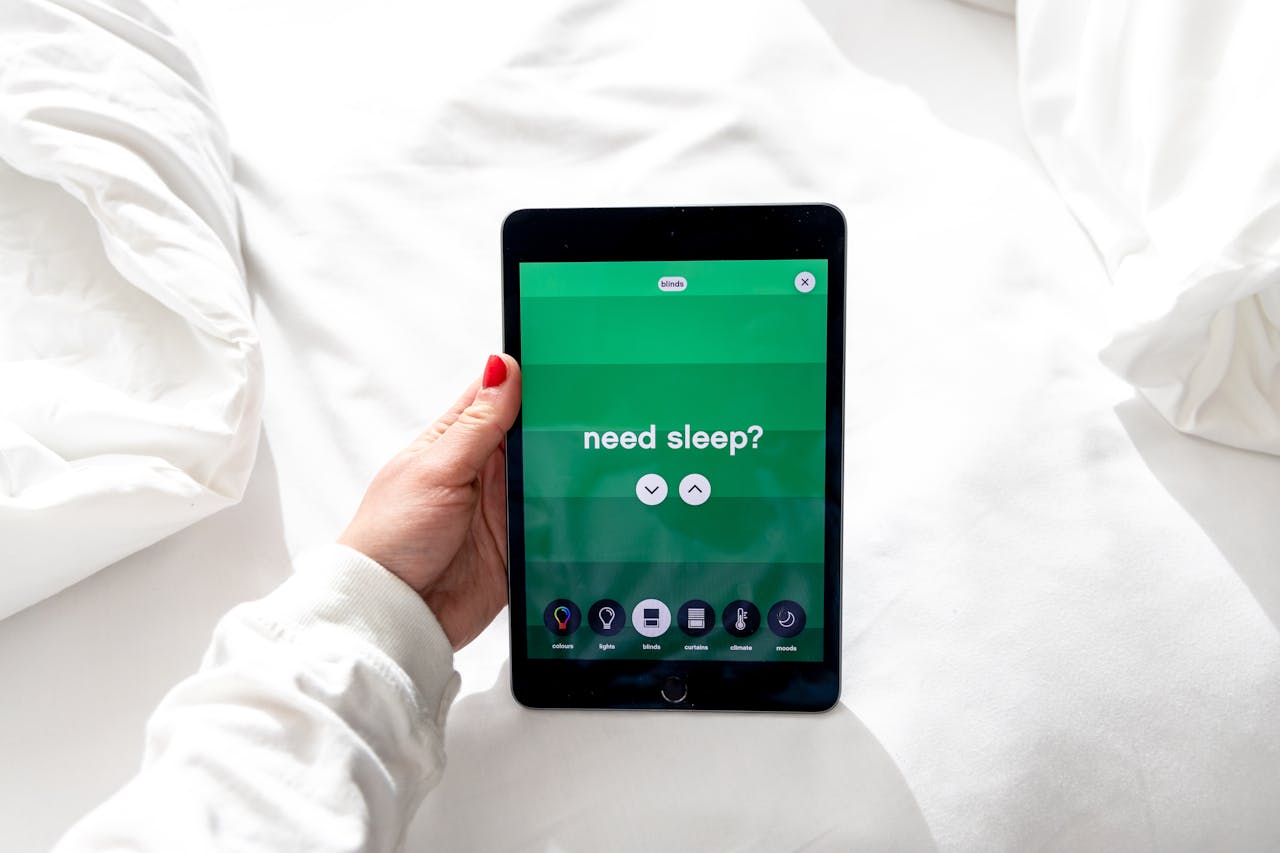
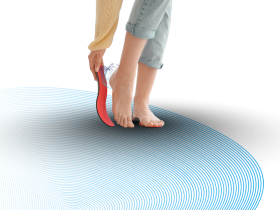



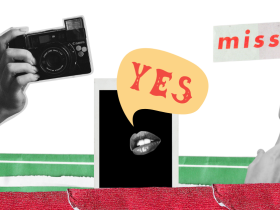
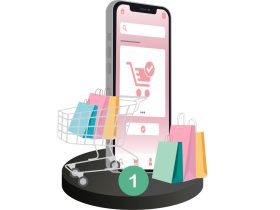

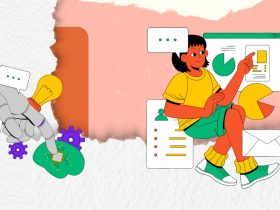
Leave a Review